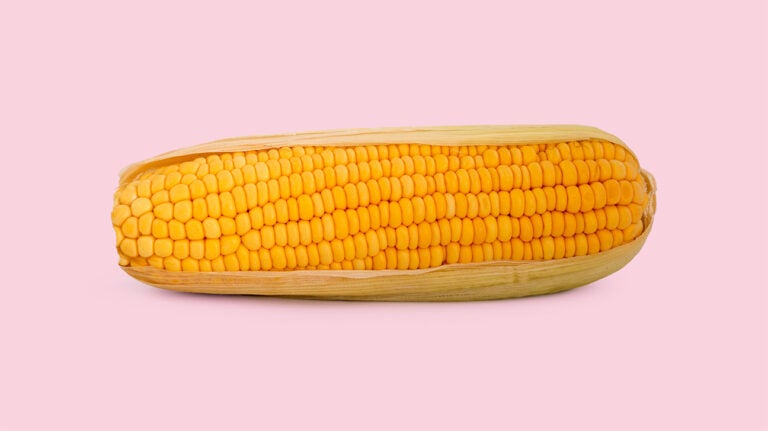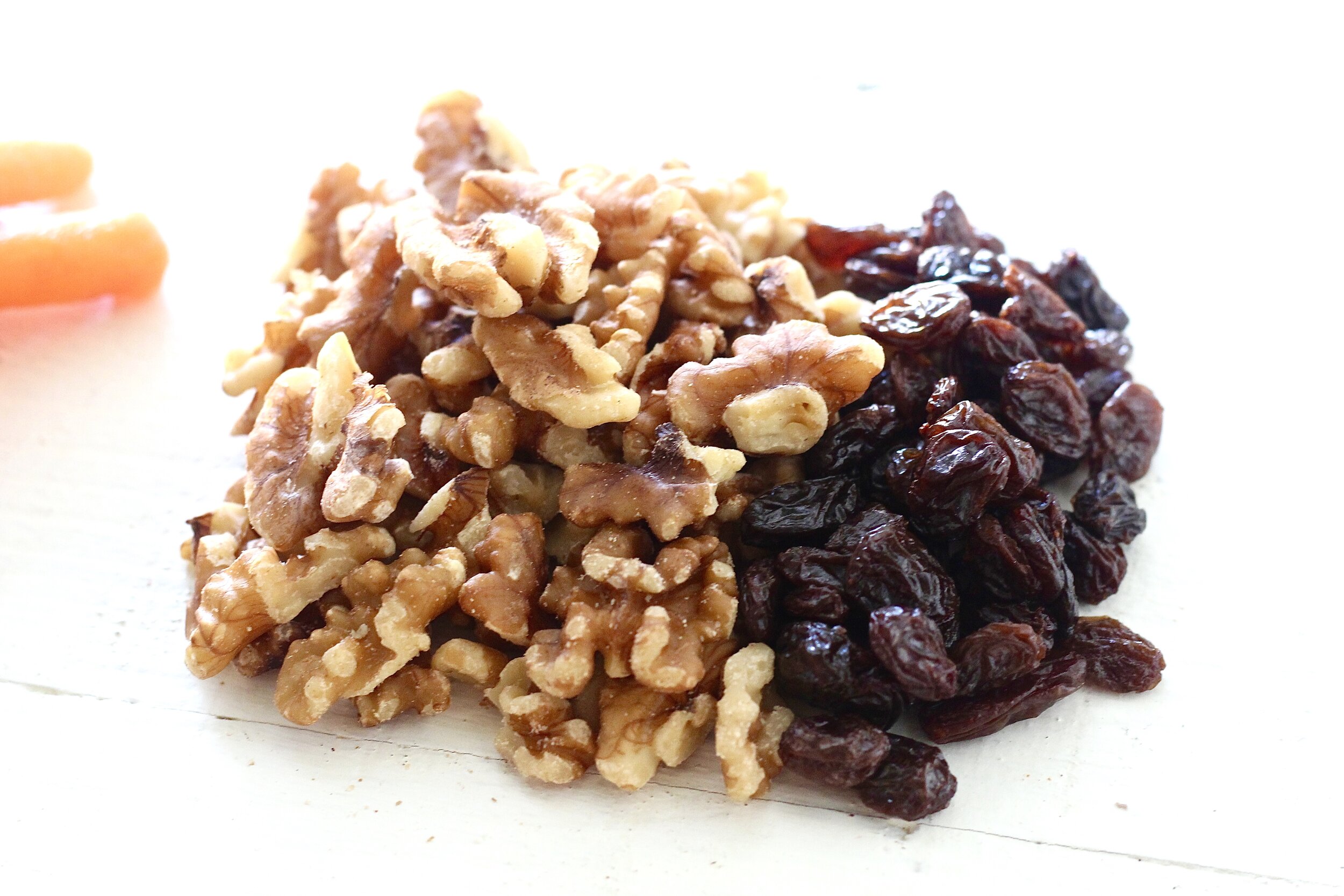does soluble corn fiber raise blood sugar Soluble greatist
Fiber is an incredible nutrient that can work wonders for our overall health. Not only does it aid in digestion, but it also plays a crucial role in managing blood sugar levels and cholesterol. Here’s everything you need to know about how fiber can help lower blood sugar and cholesterol and why you should care.
Lowering Blood Sugar Levels
When we consume carbohydrates, our bodies break them down into sugar molecules, which are then absorbed into the bloodstream. This causes our blood sugar levels to rise. However, fiber-rich foods can help regulate this process and prevent blood sugar spikes.
 Fiber slows down the absorption of sugar in the digestive system, which leads to a more gradual release of glucose into the bloodstream. This helps to keep our blood sugar levels stable and prevents sudden spikes and crashes.
Fiber slows down the absorption of sugar in the digestive system, which leads to a more gradual release of glucose into the bloodstream. This helps to keep our blood sugar levels stable and prevents sudden spikes and crashes.
In addition, fiber also improves insulin sensitivity. Insulin is a hormone that allows sugar to enter our cells, where it is used for energy. By increasing insulin sensitivity, fiber ensures that our cells effectively respond to insulin, which further helps in maintaining balanced blood sugar levels.
Managing Cholesterol Levels
High levels of cholesterol in the blood can increase the risk of heart disease. Fortunately, fiber can help reduce bad cholesterol (LDL) levels and improve overall heart health.
 One type of fiber, called soluble fiber, works by binding to cholesterol in the digestive system and preventing its absorption into the bloodstream. This results in lower LDL cholesterol levels and a decreased risk of heart disease.
One type of fiber, called soluble fiber, works by binding to cholesterol in the digestive system and preventing its absorption into the bloodstream. This results in lower LDL cholesterol levels and a decreased risk of heart disease.
Moreover, soluble fiber also promotes the production of bile acids. Bile acids are produced by the liver to help digest fat, and the body uses cholesterol to make these acids. When soluble fiber increases bile acid production, the liver needs to use more cholesterol, leading to a reduction in cholesterol levels.
It is recommended to consume a variety of fiber-rich foods to harness these benefits. Fruits, vegetables, whole grains, legumes, and nuts are all excellent sources of fiber. Aim for at least 25-30 grams of fiber per day for optimal health.
In conclusion, fiber is a powerful nutrient that can significantly impact our blood sugar and cholesterol levels. By incorporating more fiber-rich foods into our diets, we can better regulate our blood sugar, reduce LDL cholesterol, and improve our overall health. So, let’s make an effort to include fiber in our meals and reap the rewards of a healthier lifestyle!
If you are searching about WTF Is Soluble Corn Fiber? And Why Should You Care? - Greatist pro you’ve came to the right web. We have 5 Images about WTF Is Soluble Corn Fiber? And Why Should You Care? - Greatist pro like How Fiber Helps Manage Diabetes, Blood Cholesterol: How Does Soluble Fiber Lower Blood Cholesterol and also How does fiber help lower blood sugar and cholesterol? And, How much do. Read more:
WTF Is Soluble Corn Fiber? And Why Should You Care? - Greatist Pro
 greatist4pro.blogspot.comsoluble greatist
greatist4pro.blogspot.comsoluble greatist
How Fiber Helps Manage Diabetes
:max_bytes(150000):strip_icc()/soluble-and-insoluble-fiber-1087462-21c72678948c413183c75d95374b9342.png) www.verywellhealth.comsoluble insoluble foods dietary verywellhealth mellitus gilmartin verywell brianna
www.verywellhealth.comsoluble insoluble foods dietary verywellhealth mellitus gilmartin verywell brianna
How Does Fiber Help Lower Blood Sugar And Cholesterol? And, How Much Do
 saladssquare.comcholesterol blood
saladssquare.comcholesterol blood
Fiber And Blood Sugars: How Much Does Adding Fiber To Your Diet Really
 www.milkandhoneynutrition.comsugars adding
www.milkandhoneynutrition.comsugars adding
Blood Cholesterol: How Does Soluble Fiber Lower Blood Cholesterol
 bloodcholesterolskolkov.blogspot.comfoods soluble osteoporosis cholesterol everydayhealth lower mauvais aliments dietary protects gallstone legumes légumineuses
bloodcholesterolskolkov.blogspot.comfoods soluble osteoporosis cholesterol everydayhealth lower mauvais aliments dietary protects gallstone legumes légumineuses
Soluble greatist. Cholesterol blood. Wtf is soluble corn fiber? and why should you care?